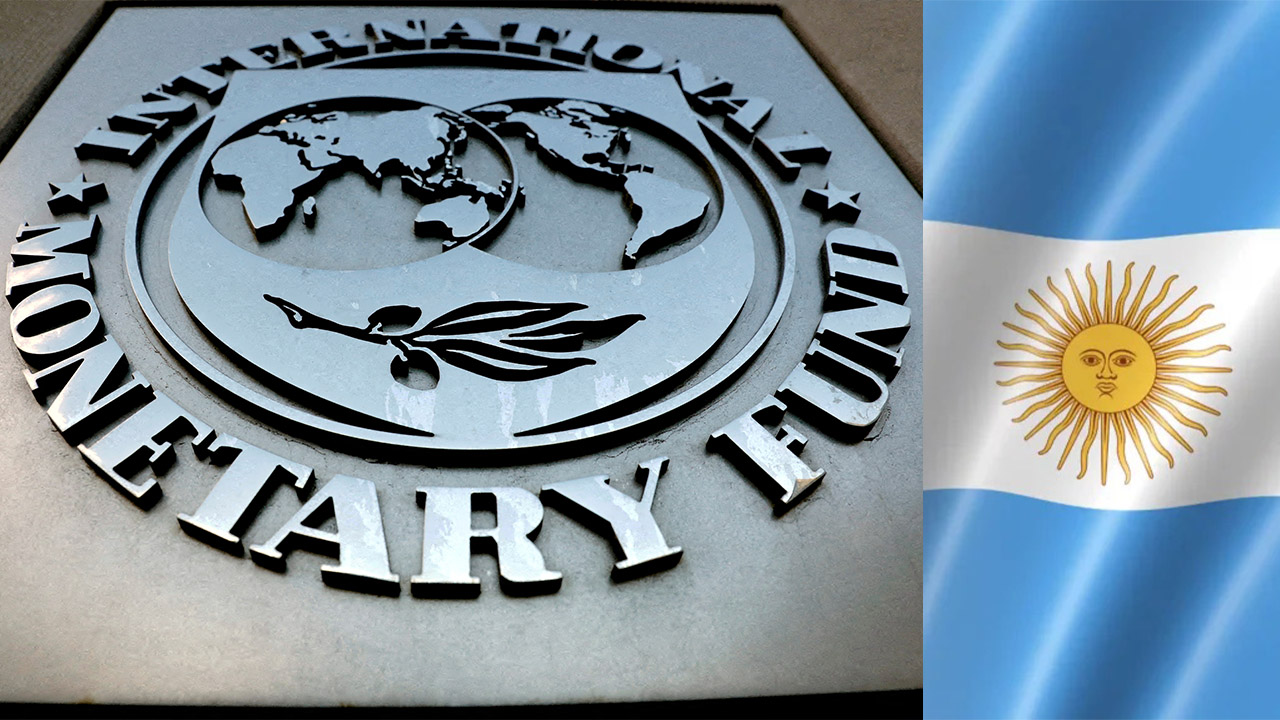The International Monetary Fund (IMF), Argentina’s largest creditor, has agreed on Monday to disburse the next installment of loans under a bailout program. This decision comes alongside an endorsement of government austerity measures, which are so stringent that they surpass the terms of Argentina’s $43 billion loan.
The IMF’s approval follows the completion of its assessment of Argentina’s compliance record. It confirms that the next payment of $792 million will be made available to the government in June.
This move has reassured markets and bolstered confidence among bankers regarding Argentina’s economic prospects, especially as the country grapples with its most severe economic crisis in two decades.
However, the decision by the IMF’s technical staff is still pending final approval from the IMF’s executive board, a process that could extend over several weeks.
Argentina has been facing staggering economic challenges, with an annual inflation rate reaching 287% in March, one of the highest in the world. This has deepened poverty and sparked strikes and protests across the country.

Despite this, the IMF has commended President Javier Milei’s libertarian government for achieving several economic milestones. These include Argentina’s first quarterly fiscal surplus in 16 years, a decrease in monthly inflation, and a rise in sovereign bond prices.
In order to revamp the struggling economy, Milei has implemented drastic measures such as reducing public sector wages, eliminating thousands of state jobs, suspending public works projects, and cutting subsidies.
Additionally, there has been a significant devaluation of the peso currency by over 50%, aimed at stabilizing it but resulting in a surge in the prices of essential goods.
While these measures have been harsh for Argentina’s lower and middle classes, they have been deemed as market-friendly reforms that have led to faster-than-expected progress in restoring macroeconomic stability. The IMF has expressed gratitude to Argentine authorities for their resolute implementation of these stabilization measures.

This recognition signifies a significant shift from the past six decades, during which Argentine politicians showed little inclination towards enacting reforms outlined in borrowing agreements.
Previous left-leaning governments consistently fell short of IMF targets, resorting to central bank money printing to fund government expenditures, which ultimately strained Argentina’s IMF program launched in 2018 and refinanced in 2022 to a breaking point.
Despite the IMF’s approval, the institution remains deeply unpopular in Argentina. The public holds the IMF responsible for the economic collapse and debt default in late 2001, a sentiment compounded by the IMF’s later acknowledgment of its contribution to these events.
Argentina finds itself in the unusual position of having the IMF as its primary creditor, relying on funds lent by the institution to repay its own debt to the IMF.







Leave a Reply